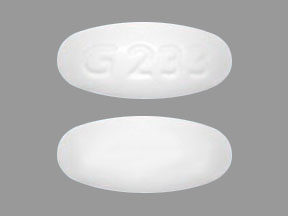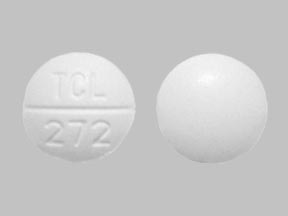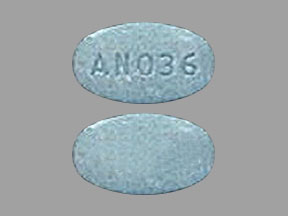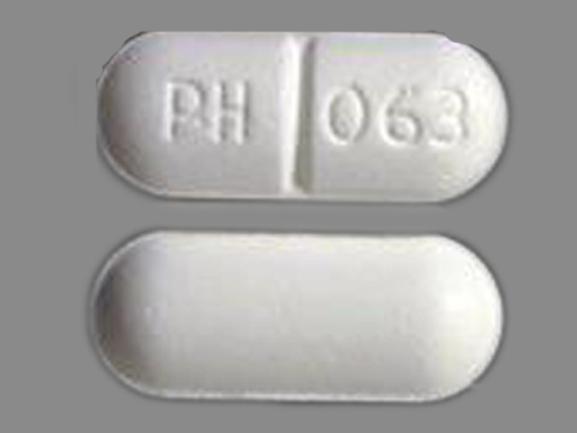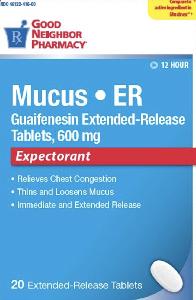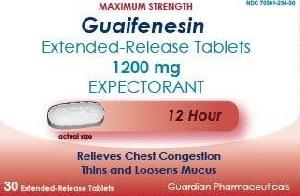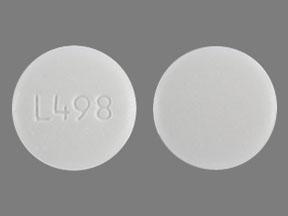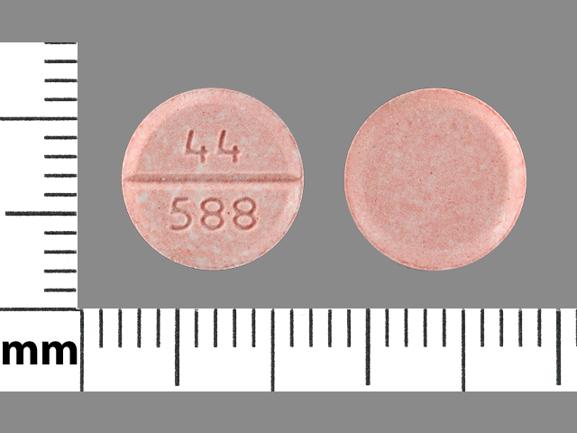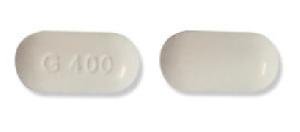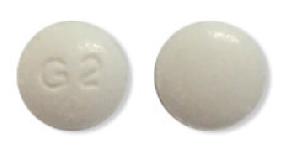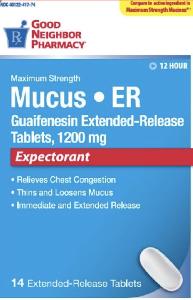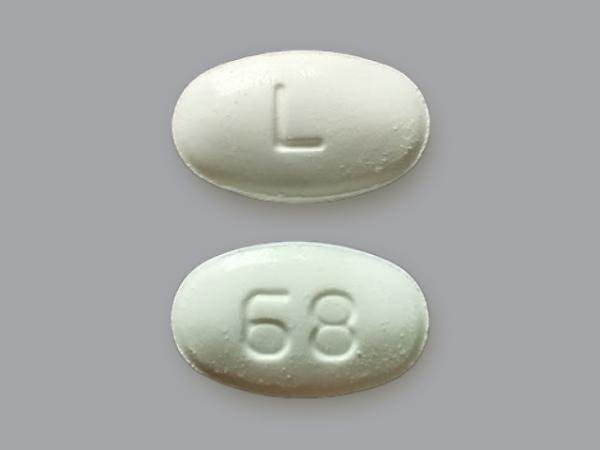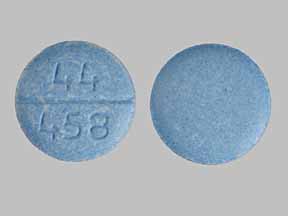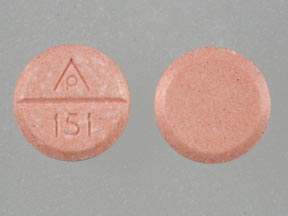
What is Guaifenesin?
Guaifenesin can be found in cough and cold medicine. It is used to clear phlegm or mucus from the chest after a cold. Guaifenesin helps to clear chest congestion by making mucus thin and easier for you to cough. Guaifenesin can be purchased as an OTC medicine or on prescription.Guaifenesin has not been FDA-approved for the treatment of fibromyalgia, but some people use it for this condition off-label. Guaifenesin was not effective in clinical studies for fibromyalgia.
Warnings
If you have an allergy to guaifenesin, this medication should be avoided.Do not exceed the recommended dosage or use it longer than prescribed by your physician. Use it only as directed. Do not exceed the recommended dosage or use it for a longer period of time.Guaifenesin can be found in combination with over-the-counter medications to treat colds and coughs. Before using any other cold or cough medication while taking guaifenesin, read the labels or consult a doctor or pharmacist.Ask a doctor first before giving any cough or cold medication to your child. The misuse of cough medicines and cold medicines in very young children can lead to death.While taking this medication, drink extra fluids in order to loosen congestion and lubricate the throat. This medication can impair your reactions or thinking. You should be careful when driving or doing anything else that requires alertness.
Before you take this drug
If you have any other medical conditions, such as kidney disease, liver disease, or phenylketonuria, you should ask your doctor or pharmacist whether it is safe to take this medication.Unknown is whether guaifenesin can harm an unborn child. Consult your doctor before taking this medication if you're pregnant.There is no way to know if guaifenesin can pass into breast milk or if it will harm a baby who is nursing. Consult your doctor before taking this medication if you're breastfeeding a child.Do not administer this medicine to an infant without consulting a doctor.
How to take Guaifenesin?
Use exactly as directed by the label or your doctor. Use only the recommended dose. Do not exceed it. Cough medicines are usually only taken for a few days until symptoms disappear.If you have an upset stomach, take guaifenesin along with your food.Use the provided dosing syringe or a dose-measuring cup or spoon to measure liquid medicines. Ask your pharmacist if you don't have a device for measuring doses.Avoid crushing, chewing, breaking, or opening a delayed-release or extended-release capsule or tablet. It is best to swallow it whole. If you break or open the pill, too much drug may be released.While taking this medication, drink extra fluids in order to loosen congestion and lubricate the throat.Store away from moisture, heat, and light at room temperature.
Details on dosage
Adult dose for cough:
Formulation for immediate release: 200–400 mg orally, every 4 hours, as needed. The maximum dose is 2.4 g/day.
Formulation for sustained release: 600–1200 mg every 12 hours orally, but not more than 2.4 g/day.
The usual paediatric dose for cough:
Formulation for immediate release:
Less than 2 years: 12 mg/kg/day divided into 6 doses
From 2 to 5 years old: 50 to 100mg orally every four hours, as needed. Maximum: 600 mg/day.
From 6 to 11 years old: 200 to 400 mg orally, every 4 hours, as needed. The maximum dose is 1.2 g/day.
Twelve years and older: 200–400 mg orally, every four hours as necessary. The maximum dose is 2.4 grammes per day.
Formulation for sustained release:
From 2 to 5 years old: 300 mg every 12 hours orally, but not more than 600 mg/day.
From 6 to 11 years: 600 mg every 12 hours orally, but not more than 1.2 g/day.
Twelve years and older: 600–1200 mg orally, every 12 hours; not to exceed 2.4 g/day.
What happens if I miss the dose?
You may not have a regular schedule of dosages, as cough and cold medicines are taken only when necessary. Take the missed dose immediately if you take the medication regularly. If your next scheduled dosage is approaching, skip the missed dose.Assume no extra dose is necessary in order to make up for an accidental missed one.
What happens if I overdose?
Call 1-800-222-1222 immediately if you suspect poison exposure and require immediate medical assistance, or seek emergency care immediately.
What should be avoided?
This medication can impair your reactions or thinking. You should be careful when driving or doing anything else that requires alertness.Before using any other cold or cough medicine, consult your doctor or pharmacist. Guaifenesin is found in many combination medicines. You can get too much medication if you take certain products with each other. You can check the label of a medication to see if it contains guaifenesin.
Side effects of Guaifenesin
If you experience any of the following symptoms of an allergy to guaifenesin, seek immediate medical attention: hives, difficulty breathing, swelling of your lips, face, tongue, or throat.
Some of the most common side effects associated with guaifenesin include:
- Dizziness, headache;
- Drowsiness;
- Rash;
- Nausea, vomiting, or stomach upset.
There may be other side effects. Call your physician if experiencing side effects; for reporting purposes contact the FDA at 1-800-FDA-1088..
Interaction with other drug
There are other drugs that may interact with guaifenesin. These include prescription and over-the-counter medicines, vitamins, and herbal products. Inform your healthcare providers of all the medicines you are taking and those you plan to take.



